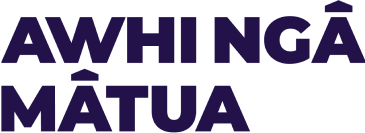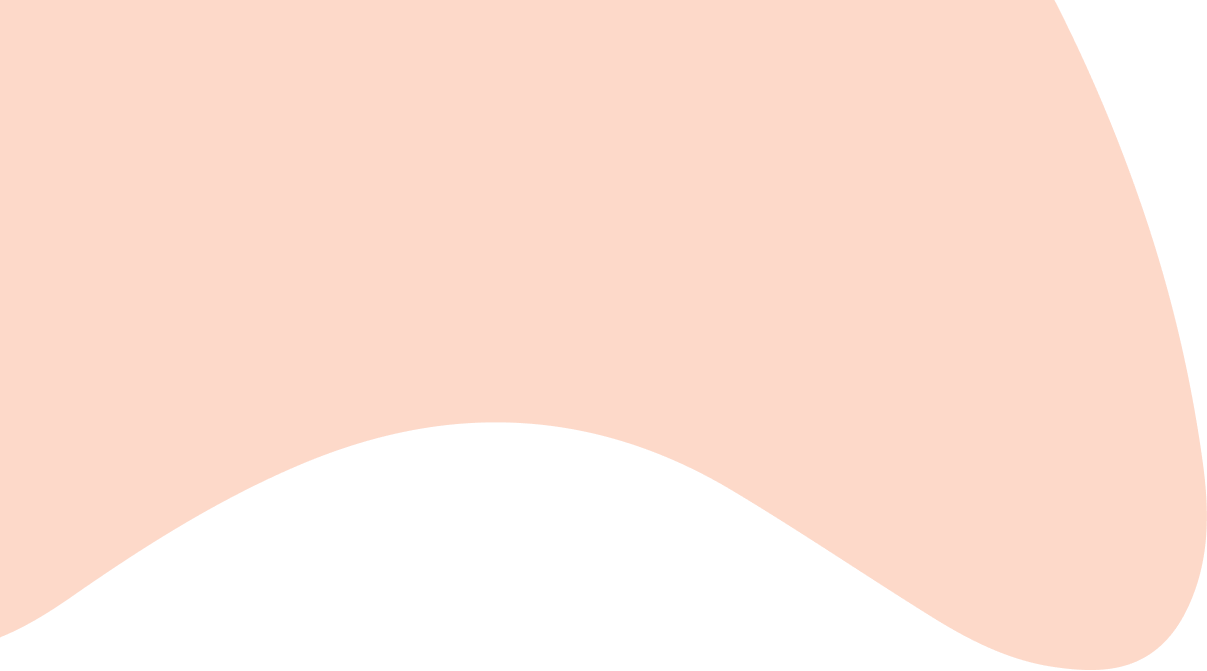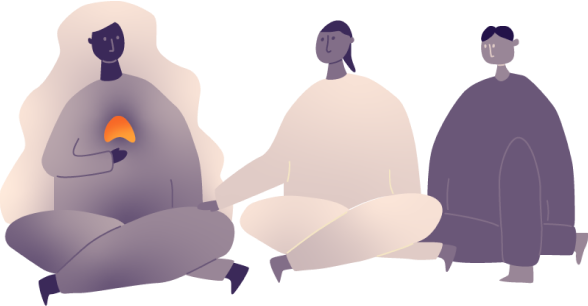Awhi is still in development, we'd love your feedback and suggestions. Let us know.
Signs your child might have been sexually abused
Every child should be able to grow up free of abuse of any kind, and feel protected, loved and cared for by the people around them. Some of the most vulnerable are children who may lack the cognitive or verbal skills to raise the alarm or even recognise that they are being harmed. American studies show children with disabilities are two to three times more likely to be abused than children without disabilities.
Because this risk is high for disabled and neurodiverse children it is important know and look out for any signs that they may have been abused: -
Behavioural signs of sexual abuse
- Your child is fearful of certain people, places, or activities.
- Eating and sleeping problems (beyond pediatric feeding disorders or Avoidant restrictive food intake disorder).
- Extreme mood swings, withdrawal, excessive crying.
- Aggressive or rebellious behaviour.
- Acting out inappropriate sexual behaviours.
- Fearful and/or wary of physical contact.
- Increased or decreased interest in bathing.
- Toileting accidents (In children younger than age three, it's normal to not have full bladder control - but if it is a major regression or highly unusual for your child it could be a sign).
- Change in appearance, for example, attempts to appear unattractive.
- Decrease in school performance.
- Apathetic behaviour, a loss of interest in activities they previously enjoyed.
Preventing sexual abuse
Be proactive – during your daily activities, bath time, shopping for new clothes etc, reinforce the ideas of privacy and safety.
Be aware of new friends – it is important to know who your child is spending time with. It is okay to be a nosey parent.
If your child is** demonstrating new behaviours,** such as nightmares or stomach aches, once you have ruled out other possibilities, such as a medical condition, probe until you fully understand what is causing them.
**Take time to listen **to your child talk about their experiences when you are not with them.
Be aware of who interacts with your child at school and in any other context out of your care.
What to do if you suspect abuse
- Don’t panic.
- Reassure your child they are not to blame, that you believe them, and that you will make sure the abuse stops.
- Contact the Police as soon as possible.
- If you are not safe at home, leave immediately to a trusted family or friend’s home or failing that, your nearest Women’s Refuge centre.
- Don’t keep it a secret – share your concern with adults you trust.
- Prioritise protecting your child and getting them the help they need above all other considerations.
- Keep your child and yourself safe – do not approach the suspected abuser directly. Do everything you can to avoid contact with that person and let the police help you and your child stay safe.
Helpful Websites:
- Women’s Refuge.
- Handling Disclosures of Child Abuse.
- What is Harmful Sexual Behaviour?
- Support for child victims of sexual crimes - Oranga Tamariki
Resources
Disability and child sexual abuse :
Disability and child sexual abuse :
"Examines the ways in which society marginalises, institutionalises...
"Examines the ways in which...
How can I tell?: indicators of child abuse and neglect
How can I tell?: indicators of child abuse...
Explains how to recognise the signs or symptoms of child abuse and...
Explains how to recognise...
Safety and Consent for Kids and Teens with Autism or Special Needs :
Safety and Consent for Kids and Teens with...
"The developmental challenges of children with special needs means...
"The developmental...
Safety and consent for kids and teens with autism or special needs :
Safety and consent for kids and teens with...
"The developmental challenges of children with special needs means...
"The developmental...
Women's Refuge.
Women's Refuge.
New Zealand’s largest nation-wide organisation that supports and...
New Zealand’s largest...
Handling disclosures of child abuse
Handling disclosures of child abuse
Only a minority of children and young people actively disclose...
Only a minority of children...
Information about harmful sexual behaviour
Information about harmful sexual behaviour
Explains what harmful sexual behaviour is, outlines the law in New...
Explains what harmful...
Support for child victims of sexual crimes :
Support for child victims of sexual crimes :
"Summarises the types of support available for children (including...
"Summarises the types of...
.jpg&w=128&q=75)
Meryl Richards
I’m Meryl Richards. What a pleasure it’s been to join the Awhi team. I get to spend my days researching information that supports me as a parent, and sometimes challenges me to rethink what I thought I knew. My hope is that it will be useful to you too. I live in Kapiti with my partner and two teenage boys, and spend as much time as possible in the surrounding bush and at the beach.
Was this resource helpful to you?


The Awhi Ngā Mātua team would like to thank Takai, the IHC Foundation and the Dines Family Charitable Trust for their generous contributions to our work. A huge thank you also to the IHC Programmes team, in particular the IHC Library which has worked so hard to make their remarkable collection available to us.




.jpg&w=3840&q=75)




